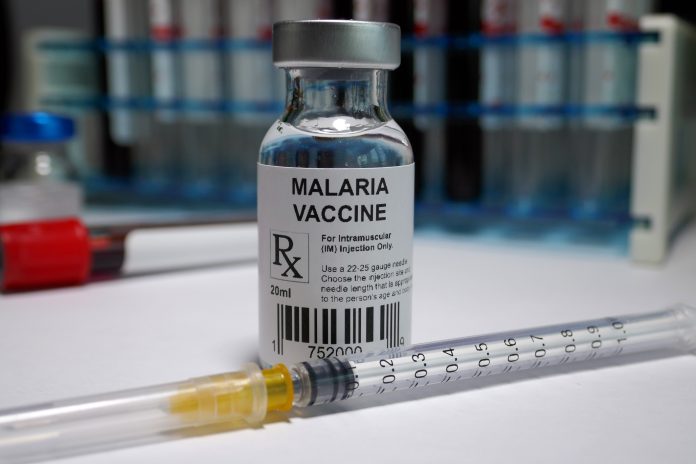Researchers have made a new discovery in the fight against malaria. The study, recently published in Science, identified a new class of antibodies targeting a previously unexplored malaria parasite region
These antibodies could help find new and more effective interventions, including vaccines and therapies, offering new hope in the global battle against this deadly disease.
The challenges of malaria
Malaria is still one of the most significant public health threats worldwide, with over 263 million cases and nearly 600,000 deaths annually.
The disease, caused by the Plasmodium parasite, is mainly transmitted through the bites of infected mosquitoes. Sub-Saharan Africa faces the heaviest burden of malaria, where Plasmodium falciparum, the deadliest strain, is the most common. Despite advancements in malaria prevention and treatment, including vaccines and antimalarial drugs, the disease continues to take lives, especially among young children in endemic regions.
Current malaria vaccines and their limitations
Existing malaria vaccines, such as RTS, S/AS01 (also known as Mosquirix), and monoclonal antibody treatments, mainly target the sporozoite stage of the parasite. The sporozoite is the form of the parasite transmitted by mosquitoes and is the first to infect the human host.
Vaccines and monoclonal antibodies designed to neutralise the sporozoite aim to prevent the parasite from reaching the liver, where it begins its development into the blood-stage form that causes illness. However, these interventions focus on a narrow range of targets, primarily the circumsporozoite protein (CSP), a protein found on the sporozoite’s surface.
While these vaccines have shown some effectiveness, they have limitations in terms of coverage across different parasite strains and their ability to offer long-term protection. Researchers have been actively seeking new ways to broaden and strengthen the immune response against malaria.
Hoping to find new therapeutic strategies, researchers used a cutting-edge approach to uncover antibodies that target new regions of the sporozoite.
Instead of focusing on individual proteins, the researchers isolated antibodies from human samples that responded to the entire sporozoite, therfor identifying previously untapped regions of the parasite’s surface.
The study’s most exciting finding was the identification of a monoclonal antibody named MAD21-101. This antibody attaches to a unique and conserved epitope on the circumsporozoite protein (PfCSP), a region not targeted by current malaria vaccines. The newly discovered epitope, pGlu-CSP, is only exposed at a specific point in the sporozoite’s development, making it a highly promising target for vaccines and antibody therapies.
Advantages of the discovery
One of the major advantages of targeting the pGlu-CSP epitope is that it is conserved across different strains of Plasmodium falciparum, the most dangerous malaria parasite. This means an antibody or vaccine targeting this region could provide broader protection against malaria. Because this epitope is not included in current malaria vaccines, antibodies like MAD21-101 could be co-administered alongside existing vaccines without compromising their effectiveness.
This could be especially valuable in malaria-endemic regions where infants at risk for malaria may not have received a vaccine yet but could benefit from antibody treatment.
Future malaria prevention
The discovery of the pGlu-CSP epitope opens up new avenues for developing next-generation malaria vaccines and treatments. The researchers are optimistic that this new class of antibodies could complement existing strategies, offering a more robust defense against the disease.
The approach used in this study, which focuses on antigen-agnostic screening (meaning it does not target specific parts of the parasite in isolation), could be applied to other infectious diseases, potentially leading to the discovery of new therapies for a range of global health threats.
However, the researchers understand that further studies are needed to fully understand the safety and efficiency of these new antibodies in humans.








